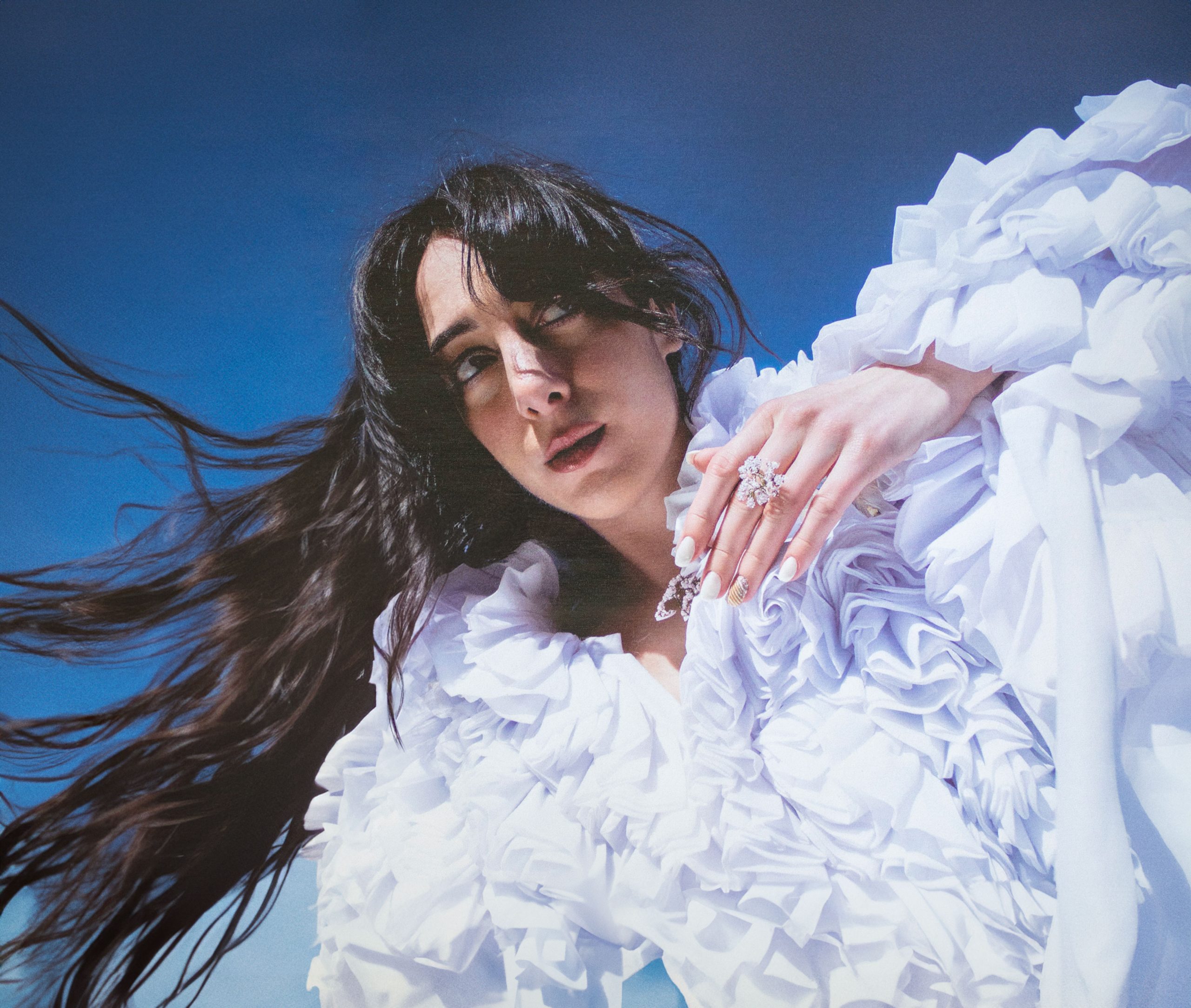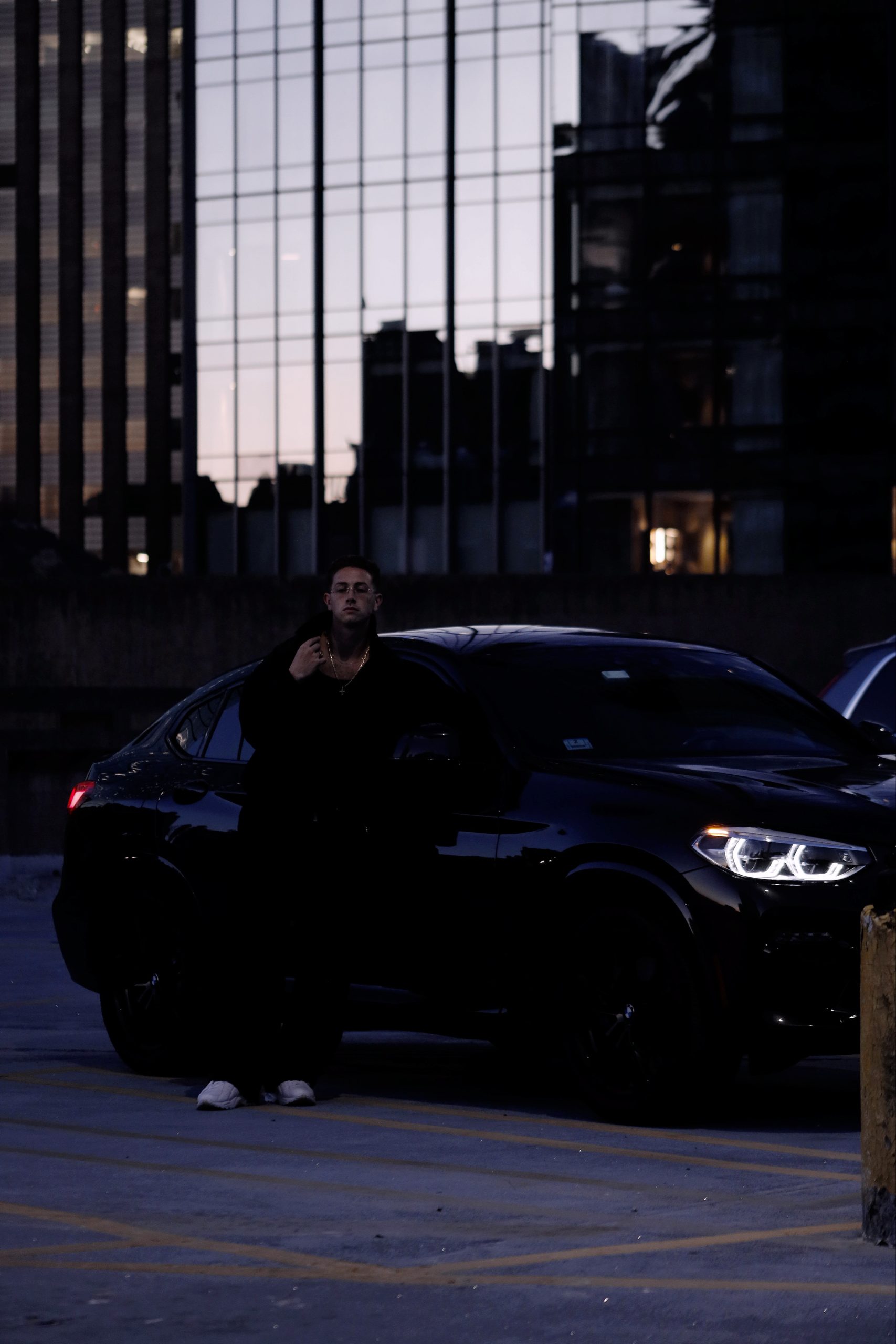Music
What Do We Lose Every Time The Grammys Get It Wrong?
Getty Image Even in the moments of celebration when this notoriously off-the-mark awards show gets things right, the shadow of what’s lost is lurking. …


Towards the beginning of Taylor Swift’s Miss Americana documentary, the cameras capture her reaction on Grammy nomination day back in 2018. For the first time since Speak Now (2010), she hadn’t received a nomination in any of the big three categories, Album, Song or Record Of The Year. “This is fine,” Taylor said, while clearly shattered. “I just need to make a better record.” Though it was actually a small blip in the tenure of her success, the snub made one thing clear — Grammy nominations are never something to be taken for granted. At the 2020 awards, the title track off Swift’s album Lover was up for Song Of The Year, and with the 2021 nominations coming through yesterday, Folklore has restored her to an accustomed perch — this year’s release is up for Album Of The Year, and its lead single, “Cardigan,” for Song. I’m a Taylor fan through and through, so no one will mistake this for shade: I would take every single song off Reputation over “Cardigan.”
For an artist like Swift, who is one of the biggest musicians in the world, Grammy nominations are an expected part of the process. For plenty of other women, though, the struggle to be recognized, even in smaller, genre-specific categories, has been much more in-depth than a single off-year. In the rock categories, for instance, women have been shut out many times, and as the genre has fallen out of popularity in favor of hip-hop, it’s hard not to pin some of that on the Academy routinely choosing to spotlight bland, commercial-centric male acts. This year, they did an about-face, nominating only women for the Rock Performance category, leading to big looks for critic’s darlings like Phoebe Bridgers, Fiona Apple, and Big Thief. Bridgers got another huge look in the Best New Artist category and in Best Alternative Album for her sophomore release, Punisher.
But that Fiona album, which caused more commotion this year than most other records put together, was notably absent from the Big Four. And even when Beyonce picked up nine nominations, not an unusual number for an artist of her caliber, it’s hard to take the gesture seriously. We’ve been down this road before, Bey is frequently nominated but rarely awarded actual wins, despite her monumental impact on the music industry at large, and pop culture on a scale that’s basically unparallelled. If you were only using Grammy wins as a metric, Bey’s actual influence would never come across.
Still, to see that many women nominated in the Alternative and Rock categories was unusual enough that it caused a mini-celebration on Twitter among fans, who have long been noting that female musicians are making some of the most interesting, groundbreaking music in those areas. And anytime an award show’s selections line up with critically-acclaimed artists who are at the beginning of their careers, or seen as underdogs because they’re on independent labels, the reaction is warm and welcoming. So the nominations laid upon Chloe x Halle, young proteges of Beyonce herself, for Best R&B Song (“Do It”) and Best Progressive R&B Album were also met with enthusiasm. But within the positive reactions to this year’s shifts, I kept thinking back to Taylor’s words in Miss Americana, and her internalized reaction that the problem was within her, not the system. Is Folklore really that much better of an album than Reputation? Or does it, instead, represent the more familiar elements of folk-rock that the Grammys always prefer to honor over harsher, more inventive pop and hip-hop sounds?
My point is much larger than Swift, but she’s the perfect example of how the Grammys can function as a vise on what kind of music gets made, and who gets rewarded for making it. All of the women who were nominated for rock music this year are excellent at what they do. But are they so markedly better than the women who released albums last year, or the year before, and went completely snubbed, that it logically makes sense they’re nominated? No, of course not. Yet, the glow of a Grammy nom has the power to potentially change a musician’s careers forever, particularly if they’re a smaller artist, and definitely if they’re a young woman. So even if the Grammys are finally beginning to listen to the overwhelming pushback from fans, critics and music lovers, who are hammering them on very predictably only rewarding white guys playing guitar, the small over corrections still aren’t enough to acknowledge how the award show continues to function.
It also continues to overlook the contributions of zeitgeist artists who happen to be Black and make hip-hop, even if the award’s Big Four categories this year include tossed off inclusions of the most commercially visible rap songs of the year. Nominating relatively random artists like Black Pumas and Jacob Collier to the Album Of The Year category while denying spots to slain stars like Pop Smoke, breakout stars like Lil Baby and Lil Uzi Vert, and returning icons like Fiona Apple reiterates the disconnect between the most important events in the music world and what the Grammys deigns to pay attention to. While Justin Bieber complains that his tepid new album Changes and the abysmal lead single “Yummy” should’ve been nominated in R&B categories instead of the Pop arena where they scored selections, actual pop stars like The Weeknd and Harry Styles, who had a far bigger impact on pop culture this year than Bieber, are conspicuously missing from certain categories (or, in the case of Abel, all categories). Both After Hours and Fine Line strayed far afield of pop expectations, which is why listeners far preferred them over Bieber’s predictable mashups — the Grammys, on the other hand, reward the expected.
Meanwhile, the bulk of the rap and hip-hop community have to sit by and see only the biggest names like Travis Scott, Roddy Ricch, Drake and DaBaby earn mentions, no looks for the likes of Mulatto or Princess Nokia, Run The Jewels or Lil Uzi Vert, all of whom had huge years. Yes, D Smoke, Chika, and even Freddie Gibbs got looks, but again, the likelihood of them winning remains incredibly slim based on the past. Is it fair for the top ten percent of rappers to be the only ones who ever get a look from the most important critical governing body in music? If so, where do cult favorite groups like Run The Jewels fit into this ecosystem? Looking at these selections, it seems like a spot on the Billboard chart is the primary measure of what hip-hop should be recognized; but deep listeners of the genre know better. The best hip-hop of our lives is being made every single day in 2020, even if a lot of it doesn’t get a lucky TikTok sync.
In a year where the noise and commotion of social life and public events were largely removed, and it seems like more incredible music than ever was released, there’s a certain satisfaction in seeing the places where Grammy voters seemed to really connect with the rest of the listening public. Maren Morris and Ingrid Andress were honored in country music, Lil Baby’s vulnerable reflection on police violence and his experience of being a Black man in America was recognized in two nominations for “The Bigger Picture,” and even Megan Thee Stallion, facing the double standard of being a woman in rap, was awarded three shots at a Grammy victory. But how will those who didn’t get the recognition go home and change, tweak, or alter the kind of art they make in response to their snubs? Will they internalize the rejection? What do we lose every time the Grammys get it wrong? And how much longer do we have to keep losing it?
Some artists covered here are Warner Music artists. Uproxx is an independent subsidiary of Warner Music Group.
Artist Spotlight
Lisa Boostani creates a mesmerizing tidal realm in “Ocean”

Lisa Boostani’s “Ocean” takes you deep into a sensory world where body, spirit, and myth come together, beyond the surface of genre. Boostani makes a soundscape that is both ethereal and deeply human by combining the broad essence of psychedelic pop with the strong appeal of alternative rock.
Her voice rises as if it is coming from deep within her, shaped by emotion rather than action. She intentionally channels the intangible, turning weakness into strength rather than a source of pain, and “Ocean” tells people to get involved in this inner world, not just watch it. This release is an integral part of her first EP, “One,” which will come out in March 2026 and is based on love, sensuality, and unity.
If “Ocean” is any indication, the EP will show sensuality not as something pretty, but as a kind of spiritual intelligence, a way to know yourself by connecting with others. The song’s textures and structure have an aquatic quality, moving between clarity and delirium, rhythm and freedom. Its emotional focus is on immersion instead of resolution.
The striking quality of “Ocean” is the blend of the mystical worlds. Boostani understands that strength often shows up as gentleness and that deep feelings are better expressed through frequencies than words. She wants people to see consciousness as immediacy, sensation as truth, and openness as an undeniable strength.
Artist Spotlight
NOAH. captures the unspoken signals in enchanting R&B track “That’s Bless”

“That’s Bless” captures the unspoken late-night message, the smile that was exchanged from afar, and the feeling you sense but are afraid to say. NOAH. offers a song with a smoky R&B feel and lyrics that capture unspoken tension, firmly in the realm of emotional ambiguity, where connection is clear but not defined.
This piece concerns the subtle discomfort of mixed signals and quiet longings, when looks say more than words ever could. NOAH. handles the theme with restraint, letting the chemistry simmer rather than explode. NOAH.’s delivery shows a confident gentleness, recognizing that some feelings don’t need strict definitions to be real.
In “That’s Bless,” he captures the essence of connection and the compelling allure that endures, even when both parties pretend it is not there. The composition is based on real-life events, and it acknowledges that specific attachments endure in the heart long after one has persuaded oneself of having progressed.
“That’s Bless” is at the crossroads of closeness and distance, clarity and confusion. The song doesn’t resolve the tension it talks about, and that’s what makes it so powerful. It sums up the connection we say we don’t want but keep coming back to in memory, rhythm, and pulse.
Connect with NOAH. on Instagram
-

 Artist Spotlight6 days ago
Artist Spotlight6 days agoLisa Boostani creates a mesmerizing tidal realm in “Ocean”
-

 Artist Spotlight6 days ago
Artist Spotlight6 days agoNinjahtiger & Jahlnt make a “Wish” into the universe with new single
-

 Artist Spotlight6 days ago
Artist Spotlight6 days agoNOAH. captures the unspoken signals in enchanting R&B track “That’s Bless”
-

 Artist Spotlight6 days ago
Artist Spotlight6 days agoEylsia Nicolas ascends again with new release “I Remember Rising”
-

 Artist Spotlight6 days ago
Artist Spotlight6 days agoIOTA opens the truest form of self in captivating new single “Pony”
-

 Artist Spotlight6 days ago
Artist Spotlight6 days agoAneta George shows both heavenly energy and human tension in “Rollercoaster”
-

 Artist Spotlight6 days ago
Artist Spotlight6 days agoBARELSKI redefines mood with electronic single “Never Enough”
-

 Artist Spotlight6 days ago
Artist Spotlight6 days agoBenjamin Navy explores intimacy, healing, and cultural memory in “Mango Avocado”

